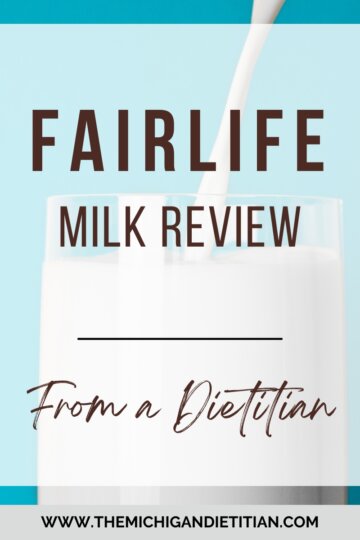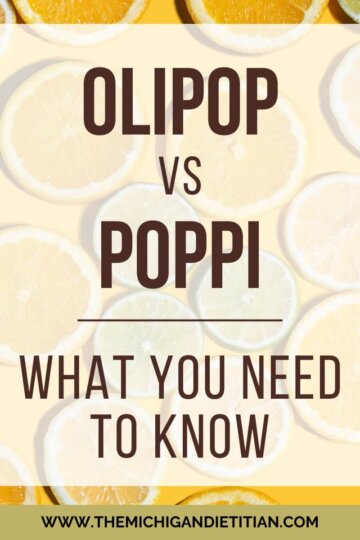What’s Collagen?
Collagen seems to be the newest buzzword surrounding health nowadays. With its sudden popularity you would think it is something that is newly discovered, right? WRONG. Collagen is actually a protein that makes up most of your body. It is in your joints, muscles, skin, and other connective tissues.
Like all proteins, collagen is made up of a certain set of amino acids. The downside of collagen protein is that it doesn’t have tryptophan, one of the nine essential amino acids. This means that collagen is not a complete protein, so don’t be relying on collagen as your main protein source. Tryptophan helps create niacin (Vitamin B3). Without niacin, serotonin wouldn’t be made. This is a chemical that plays a role in many aspects of functioning, but mainly stabilizes mood.

What types are there?
There are quite a few types of collagen, so i’ll just go over the top 3 types found in the body.
Type 1: Makes up tightly packed fibers that gives your skin, connective tissue, tendons, and bones its structure
Type 2: Made of more loosely packed fibers, like joints
Type 3: Supports organs and arteries
What are the benefits?
There is little evidence showing the direct benefits of collagen with nail improvement or weight loss, but it may help reduce wrinkles and promote joint health. Think of collagen as a glue.
Where can I get it?
The thing is, you don’t need to get it at all. Just because you are just now discovering what it is, doesn’t mean you’ve been deficient in it all this time. You have been getting it from your everyday foods without knowing. Although there is no definite research findings that show consuming collagen actually increases your own collagen levels, the richest sources are found from the connective tissues of animals. Consuming foods like bone broth and animal skins are your best bets for increasing your own collagen levels. Other foods that can boost your levels are fish, eggs, nuts, and dark leafy greens.
You can also receive collagen in the form of supplementation. This route should only be taken when you are unable to obtain an adequate amount from food sources. Different forms of collagen can be found in supplemental forms. Typically, you will see either hydrolyzed collagen or collagen peptides-there is really no difference between the two. The supplement manufacturers break down the collagen through the process of hydrolysis (hence, hydrolyzed collagen) into smaller peptide units (hence, collagen peptides). If you are choosing to take a supplement, don’t let the wording on the label confuse you.
Just as you can choose to supplement to improve collagen, you can also choose to lower your intake of sugar to improve collagen. Sugar can “stick” to collagen and not allow it to be as flexible. Therefore, before supplementing try reducing your sugar intake.
Tip: Make sure you are speaking to a healthcare professional before starting a supplement and choosing one that is recommended by a healthcare provider, as they are not regulated by the FDA so there could really be anything in the pill!






Leave a Reply